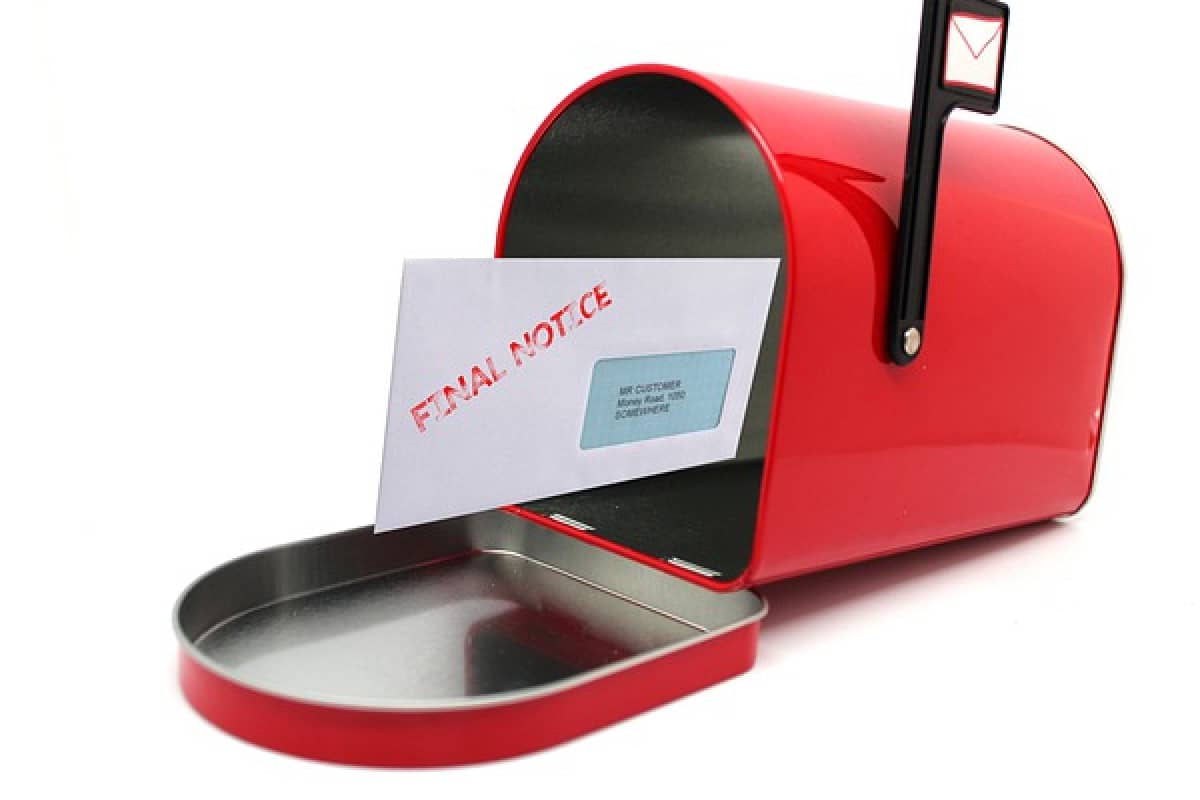Tax Problems

Business Taxes
The types of taxes involved in running a business are numerous, and make keeping track of it all a difficult task. The IRS collects 940 and 941 payroll taxes, 1120 corporate income and federal excise taxes, among others. Most states have their own version of IRS taxes in addition to their own types of tax like sales tax, withholding, unemployment and more. This makes it hard to keep up and easy to fall behind.
Individual Taxes
If you owe back taxes to the IRS or State, you have come to the right place. We specialize in defending individuals who are behind on taxes or have past-due tax filings and tax returns. We will protect your assets while keeping the taxing authorities at a distance, and above all make sure you do not pay a penny more than you should.
“Tax Relief” means something different to every client. Some just need time and protection, while others need more affordable repayment terms. Other times it may be reductions in improper penalties, or releasing a lien or levy. Your income, assets, and expenses all factor into finding the right tax relief strategy. Depending upon your unique situation, there may be several combined options to resolve your tax issue.


Unfiled Back Taxes
The IRS takes a harsh stance on unfiled tax returns. Accordingly, failing to file a tax return can lead to exorbitant penalties, and leaves you open to aggressive enforced collections.
Substitute return – Failure to file a return could result in the taxing authority filing a Substitute For Return (SFR), which often substantially inflates the taxes owed. Essentially the IRS takes a guess at what you owe and it’s never less than what you actually would owe had you filed your taxes. To complicate matters, some states recognize substitute returns as final, and after a period of time do not allow you to file replacement returns with more accurate figures. This can result in the taxpayer being liable for more money than is actually owed.
If you have tax returns that are past due and are uncertain what your next action should
be, contact us today.
Levy
A federal tax levy is, in its most basic terms, a seizure of your assets to satisfy a tax debt. The IRS aggressively contacts the source (typically either your bank or employer) and notifies them that it will be seizing some of your money or property. The IRS typically issues one of two notices, Form 668-A or 668-W.
A tax levy is typically issued to bank accounts and is a one-time levy. This means that the money in your account is “frozen” on the day that the bank or financial institution receives the levy. The money is set aside by the bank for a period of 21 days in order for you to make arrangements for its release for payment of the tax due.
Aside from the “frozen” funds, the account is usually open to be used by you during the 21 days, although this tends to vary depending on your specific financial institution’s policies. Subsequent deposits will not be taken or held unless a new levy is issued.


Garnishment
IRS wage garnishments are another way that the IRS will go after individual taxpayers for their back taxes. After the IRS determines that you owe for tax debt, it will send a letter to your employer demanding a portion of every paycheck you receive (IRS Notice 668-W). The IRS will leave you with the bare minimum to cover basic living expenses, but this amount might not be sufficient. Your employer must adhere to the IRS’ demand or they can get in trouble themselves – including major fines.
Lien
The IRS will protect a financial judgment against a person or business by putting a legal claim on property owned by the person or business. Liens give the IRS a l egal claim to property as security or payment for your tax liability. A Notice of Federal Tax Lien may be filed only after:
The IRS assess the liability;
The IRS sends you a Notice and Demand for Payment – a bill that tells you how much you owe in taxes; and
You neglect or refuse to fully pay the liability within 10 days after notified about it.
Once these requirements are met, a lien is created for the amount of your tax liability.

By filing notice of this lien, your creditors are publicly notified that we have a claim against all your property, including property you acquire after the lien is filed. This notice is used by courts to establish priority in certain situations, such as bankruptcy proceedings or sales of real estate.
The lien attaches to all your property (such as your house or car) and to all your rights to property (such as your accounts receivable if you are a business).
The statute of limitations under which a Federal tax lien may become “unenforceable by reason of lapse of time” is found at 26 U.S.C. § 6502. For taxes assessed on or after November 6, 1990, the lien generally becomes unenforceable ten years after the date of assessment. For taxes assessed on or before November 5, 1990, a prior version of section 6502 provides for a limitations period of six years after the date of assessment. Various exceptions may extend the time periods.

Penalties
The IRS has numerous enforcement techniques. In fact, there are over 100 different tax penalties that it can use against a business for various reasons. If you or your business is facing IRS penalties, the stress can be a heavy burden. The good news is that there are possible resolutions.
Trust Fund Recovery
If you received an IRS letter 1153, Proposed Trust Fund Recovery Penalty Assessment, here is what you should know. This IRS will send a 1153 letter via Certified Mail to your Last Known Address, which means the last address used on your tax filings, or updated otherwise with the IRS. This letter is related to business taxes only. So, if you are an owner, fiduciary, “officer,” check-signer, at a business that is behind on Form 941 (payroll) taxes you in the cross-hairs of a personal tax assessment because you are deemed a “responsible person.” When this occurs it is called a Trust Fund Recovery Penalty, in which you can be liable for the taxes withheld from employees paychecks but not paid to the IRS.

In order for the IRS to execute this Trust Fund Recovery Penalty, the responsible person must be deemed willful and also be given the opportunity to appeal the Proposed Trust Fund Recovery Penalty Assessment. This is where the Letter 1153 comes in, along with Form 2751, which will details the Trust Fund amount proposed.
In the event that you have received a Proposed Trust Fund Recovery Penalty Assessment, your next best step is probably talking to a licensed tax professional. Once the IRS assesses this tax they will pursue collections.

Tax Audit
Facing an IRS audit is a terrifying experience for most taxpayers. Knowing that an IRS agent plans to thoroughly review your records and put you on the spot with difficult questions can be overwhelming. We have represented both individuals and businesses in IRS audits, fighting to protect our clients’ rights and ensuring that all information has been considered. Don’t risk taking on the IRS yourself.
If you are unsuccessful in challenging the IRS in an audit, there is still a chance to resolve the issue before taking the case to court through an audit reconsideration. This process allows a taxpayer to re-submit their position challenging an IRS audit decision by providing all relevant evidence, facts, and law, which is reviewed by the IRS.
